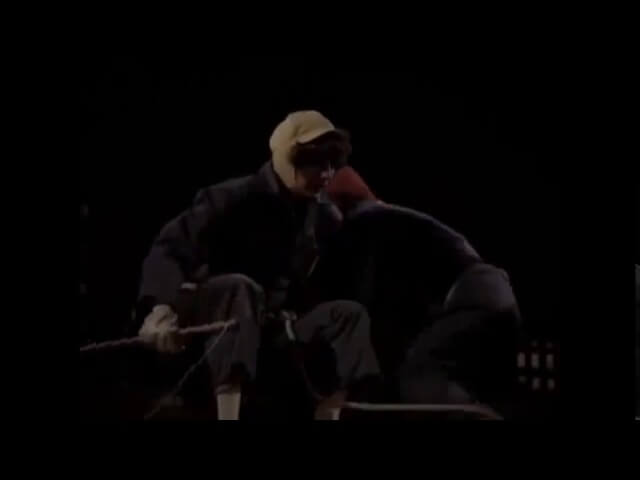R.I.P. Penny Marshall

Penny Marshall, whose career saw her rise first to the ranks of America’s most beloved sitcom stars, and then to the director of some of its most beloved films, has died. According to The Hollywood Reporter, Marshall—director of Big and A League Of Their Own, and star of Laverne & Shirley—was 75.
After an early adulthood that saw her support herself through a number of jobs—including teaching the tap choreography skills she picked up from her mother, and which presumably helped cement the screwball physicality that became part of her comedic signature—Marshall moved to Los Angeles in 1967, hoping to learn from and work with her brother Garry, then a writer on The Dick Van Dyke Show.
Marshall never shied away from the fact that Garry—who would go on to cast her in The Odd Couple and then Happy Days, where Laverne and Shirley were born—helped her get her start in Hollywood. But a simplistic reading of their relationship ignores the fact that the elder Marshall was also simply making use of an incredible comic resource when it beneficially fell into his lap; Penny had an obvious gift for comedic timing, and a willingness to throw her entire body into slapstick zaniness, that her brother’s productions frequently made the most of, something that reached its height when he responded to the positive reception to “A Date With Fonzie”’s fast-talking brewery workers Laverne DeFazio (Marshall) and Shirley Feeny (Cindy Williams) by giving them a show of their own.
Airing for eight seasons on ABC, Laverne & Shirley was a juggernaut of its day, the most-watched show in America, and a consistent vehicle for Marshall and Williams—whose easy report with each other dated back to their pre-Happy Days days—to take on the female-led screwball comedy mantle Lucille Ball had left behind so many years before. As the worldly Laverne to Williams’ more idealistic Shirley, Marshall was among the most brassy, sarcastic women on TV, and even if the Emmys never acknowledged her performance, audiences did, celebrating it for being blue-collar, funny, and smarter in its dedication to silliness than it was frequently given credit.
It also gave Marshall the opportunity to try her hand at directing, helming the series on repeated occasions. Having caught the bug, she moved into feature films by stepping in to take over Whoopi Goldberg’s Jumpin’ Jack Flash in 1986, when the previous director departed the project. She got her second-career-defining gig in 1988, though, when she directed the film that would make her the first female director to make more than $100 million at the box office: Big.
Marshall’s film wasn’t the first movie to recognize the superstar lurking beneath the smiling exterior of her fellow Happy Days alum, Tom Hanks. But in casting him as a giant child in a man’s body, she tapped into something that the directors of The Money Pit and Bachelor Party failed to grasp (although her brother’s former leading man, Ron Howard, got pretty close with Splash): The essential, winning boyishness of Hanks’ persona, a sense that he really might be a little kid who wished to be big. The movie was, correspondingly, a huge success, a feat she and Hanks would repeat a few years later with A League Of Their Own. (The more melodramatic Awakenings, with Robin Williams and Robert DeNiro, came between.)

 Keep scrolling for more great stories from A.V. Club.
Keep scrolling for more great stories from A.V. Club.